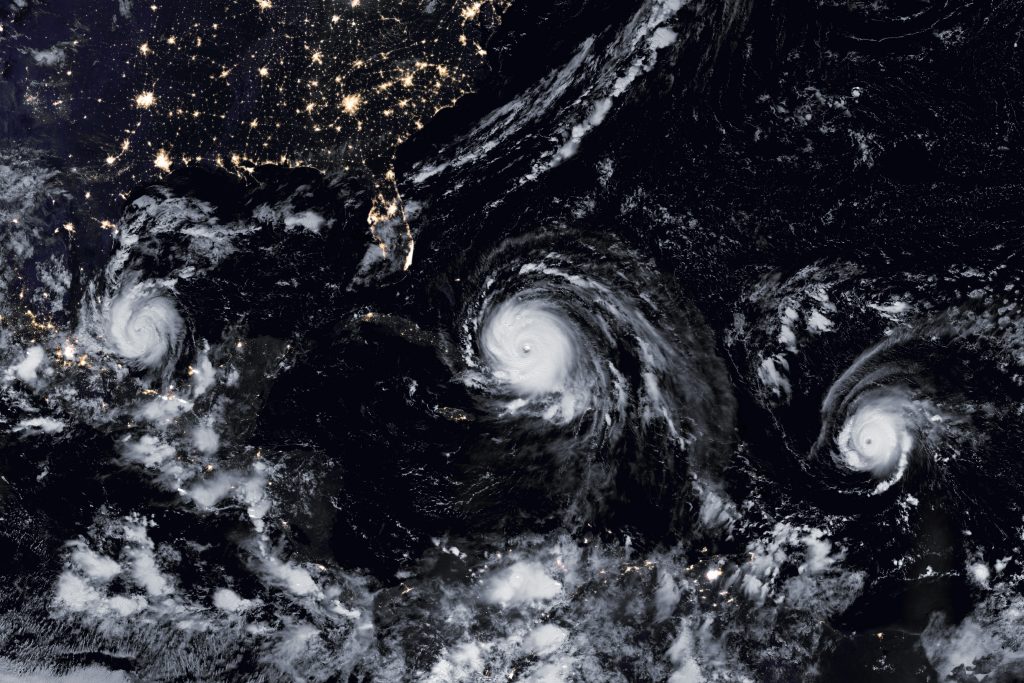Study Quantifies Potential COVID-19 Spread From Hurricane Evacuation

With the peak of the hurricane season coming up and COVID-19 abundant in many hurricane-prone areas, the United States is poised to experience the collision of two major disasters. According to a study by scientists at Columbia University and the Union of Concerned Scientists (UCS), a large-scale hurricane evacuation would increase COVID-19 cases in both evacuees’ origin and destination counties. Directing evacuees to counties with low COVID-19 transmission rates rather than allowing evacuations to follow historical patterns would minimize the increase in cases, according to the study, though keeping virus transmission rates low in destination counties is also essential.
The research is the first to quantify how hurricane evacuation may affect the number and spatial distribution of COVID-19 cases in the United States. It is awaiting publication in a peer-reviewed journal, but is posted on the medRxiv preprint server for health sciences.
“Directing evacuees to destinations with low virus activity and providing housing opportunities and resources that help maintain social distancing, encourage mask usage, and limiting opportunities for virus transmission will be essential,” said senior author Jeffrey Shaman, a professor at Columbia’s Mailman School of Public Health and an affiliate researcher at the International Research Institute for Climate and Society, part of the Earth Institute.
For more details about the work, read the original press release writtend by the Mailman School of Public Health.

You must be logged in to post a comment.